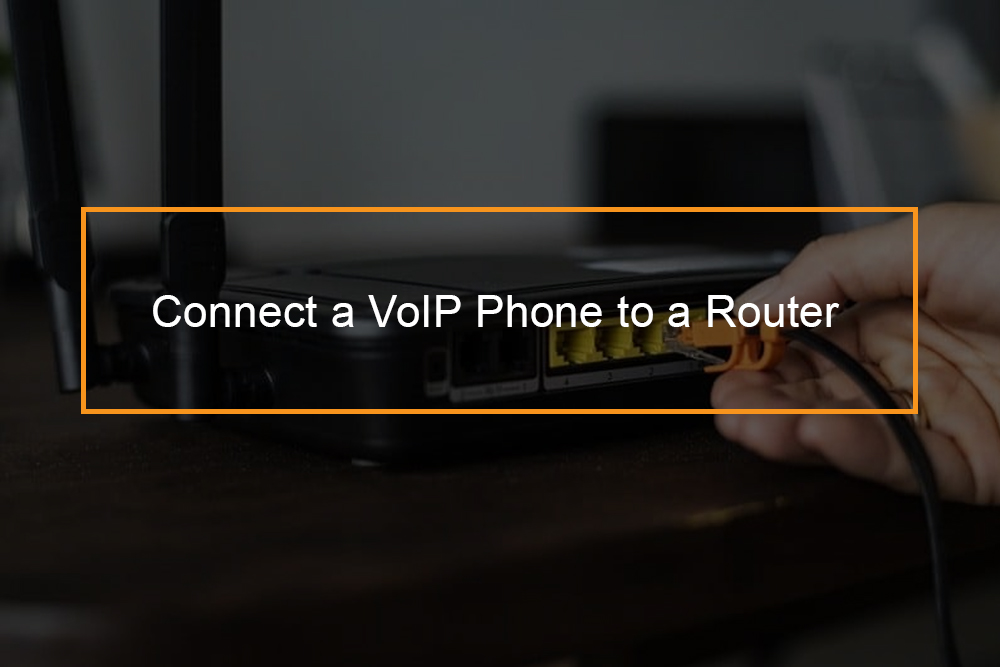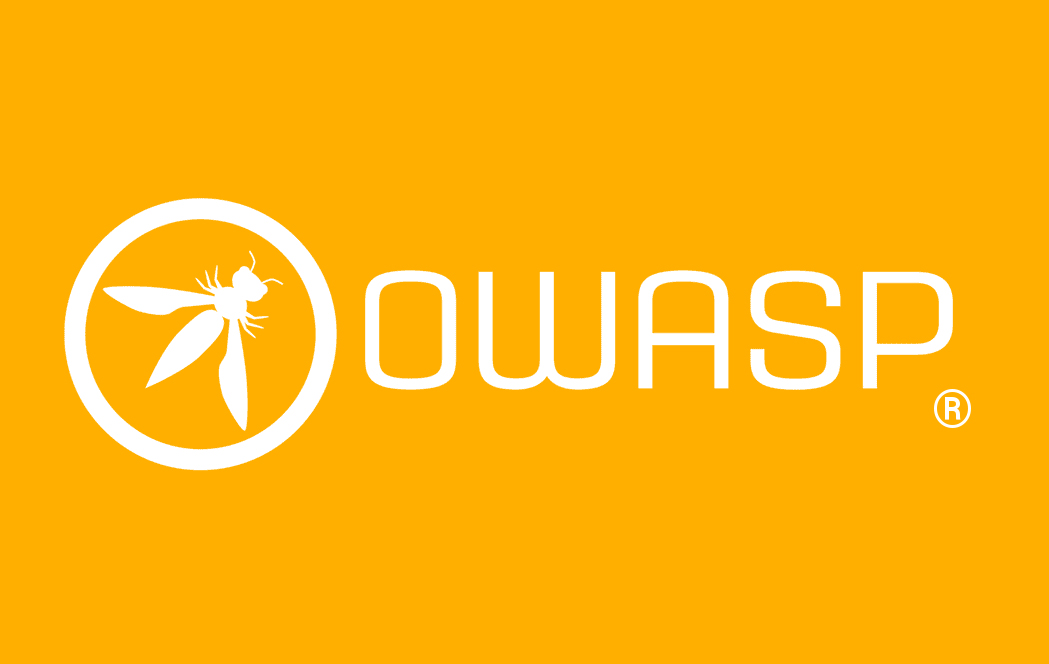Auto Dialer for Outbound Call Center

Auto Dialer: Revolutionizing Outbound Communication
In the ever-evolving landscape of customer outreach and sales, efficiency is key. Auto dialer software has emerged as a game-changer in this regard, transforming the way businesses handle outbound calling campaigns. In this article, we will explore what auto dialers are, their various types, and how they are revolutionizing outbound communication.
What Is an Auto Dialer?
An auto dialer is a software tool that automates the process of making outgoing phone calls. It dials phone numbers from a list and connects calls to live agents only when a human voice is detected on the other end. Auto dialers have a wide range of applications, from telemarketing and sales prospecting to appointment reminders and debt collection.
Types of Auto Dialers
Auto dialers come in several types, each designed for specific purposes and industries. Here are some common types of auto dialers:
|
- Preview Dialer: This type of auto dialer gives agents the opportunity to review customer information before the call is initiated. It allows agents to prepare for the conversation, making it ideal for complex or sensitive calls.
|
- Power Dialer: A power dialer automatically dials phone numbers from a list and connects the call to an available agent as soon as a live person answers. This approach maximizes agent talk time and productivity.
|
- Predictive Dialer: Predictive dialers use algorithms to predict when an agent will be available to take the next call. They dial multiple numbers simultaneously, aiming to minimize agent downtime and increase efficiency. However, they require careful monitoring to maintain compliance with regulations.
|
- Progressive Dialer: Similar to predictive dialers, progressive dialers automatically dial numbers, but they connect calls to agents at a more controlled pace. This reduces the risk of abandoned calls and ensures a smoother agent-customer interaction.
|
Benefits of Auto Dialers
Auto dialers, also known as automatic dialing systems or predictive dialers, are software or hardware tools used in call centers and sales organizations to automate the process of making outbound calls.
| They offer several benefits, including: |
- Increased Efficiency: Auto dialers can make a high volume of calls quickly and efficiently, eliminating the need for manual dialing. This allows agents to spend more time speaking with customers and less time on repetitive tasks.
|
- Reduced Idle Time: Auto dialers can connect agents to live calls as soon as they become available, minimizing idle time between calls. This keeps agents engaged and productive throughout their shifts.
|
- Improved Call Management: Auto dialers can automatically route calls to the most appropriate agent based on factors like skillset, availability, and customer history. This ensures that customers are connected to the right person to address their needs.
|
- Higher Call Volume: Predictive auto dialers can analyze call data and dial multiple numbers simultaneously, increasing the number of calls made per hour. This results in more opportunities for sales or customer interactions.
|
- Call Recording and Monitoring: Many auto dialer systems offer call recording and monitoring features, allowing managers to review calls for quality assurance, training purposes, and compliance.
|
- CRM Integration: Auto dialers can integrate with customer relationship management (CRM) systems, enabling agents to access customer information and call scripts during calls. This helps personalize interactions and streamline data management.
|
- Call Analytics: Auto dialers often provide detailed call analytics and reporting, giving managers insights into call performance, agent productivity, and campaign effectiveness. This data can inform decision-making and strategy adjustments.
|
- Compliance Management: Auto dialers can help ensure compliance with regulations such as the Telephone Consumer Protection Act (TCPA) and the Do-Not-Call (DNC) list by automatically scrubbing call lists and managing opt-outs.
|
- Increased Sales Opportunities: By efficiently reaching out to a large number of prospects, auto dialers can generate more leads and sales opportunities, potentially increasing revenue for sales-focused organizations.
|
- Customization and Scripting: Auto dialers allow organizations to customize call scripts and workflows, ensuring that agents follow best practices and maintain a consistent brand image during interactions with customers.
|
- Reduced Human Error: Automation reduces the risk of human error in dialing and call management, leading to more accurate data collection and better customer experiences.
|
- Scalability: Auto dialer systems can easily scale to accommodate growing call volumes or changes in staffing, making them suitable for businesses of various sizes.
|
It’s important to note that while auto dialers offer numerous benefits, their use should be ethical and comply with relevant laws and regulations to avoid potential legal issues and negative customer experiences.
Challenges and Considerations
While auto dialers offer several benefits, there are also challenges and considerations that organizations need to keep in mind when implementing and using them:
|
- Regulatory Compliance: Compliance with laws and regulations, such as the Telephone Consumer Protection Act (TCPA), the Do-Not-Call (DNC) list, and the General Data Protection Regulation (GDPR), is critical. Failure to comply with these regulations can result in hefty fines and legal consequences.
|
- Opt-Out Mechanisms: Auto dialers should have mechanisms in place for customers to easily opt out of receiving further calls or messages. Organizations must respect opt-out requests promptly to maintain compliance and avoid irritating customers.
|
- Call Abandonment Rate: Predictive auto dialers can lead to a high rate of call abandonment, where calls are connected to customers but there are no available agents to handle them. This can lead to customer frustration and a poor user experience.
|
- Data Security: Handling customer data is a significant responsibility. Organizations must ensure that customer information is stored and transmitted securely to protect against data breaches and privacy violations.
|
- Quality Assurance: While auto dialers can increase call volume, organizations should not sacrifice call quality. Monitoring and evaluating agent performance is essential to maintain a high standard of customer service.
|
- Scripting and Personalization: While auto dialers can use scripts, organizations should strike a balance between scripted interactions and personalization. Customers appreciate personalized conversations and may become frustrated with overly scripted interactions.
|
- Agent Training: Agents using auto dialers should receive proper training to use the technology effectively and handle a variety of customer scenarios. Training helps maintain professionalism and ensure agents are knowledgeable about the product or service.
|
- False Positives and Negatives: Predictive dialers may sometimes incorrectly classify calls as answered by a live person (false positive) or not answered by a live person (false negative). These errors can impact call quality and efficiency.
|
- Scalability: As organizations grow, their auto dialer systems must be scalable to accommodate increased call volumes and additional agents. Choosing a system that can grow with the business is important.
|
- Cost Considerations: While auto dialers can increase efficiency, there are costs associated with acquiring and maintaining the technology. Organizations must assess the return on investment (ROI) to ensure it justifies the expense.
|
- Customer Experience: Overuse of auto dialers can lead to a negative customer experience, as customers may feel bombarded with calls. Striking the right balance and timing for outbound calls is crucial.
|
- Campaign Management: Properly managing and optimizing dialing campaigns is essential to achieving the desired results. Regularly reviewing performance metrics and making adjustments is necessary for success.
|
- Relevance of Calls: Auto dialers should be used for calls that are relevant and valuable to the customer. Repeatedly calling customers with irrelevant offers can lead to irritation and decreased customer satisfaction.
|
Organizations should carefully evaluate their specific needs, compliance requirements, and customer expectations before implementing an auto dialer system. It’s important to strike a balance between efficiency and maintaining a positive customer experience while adhering to legal and ethical guidelines.
Tips for using an auto dialer effectively

Using an auto dialer effectively can greatly improve your efficiency in sales, customer service, or any other phone-based activity. Here are some tips to help you use an auto dialer effectively:
-
Understand the Purpose: Clearly define the purpose of your auto dialer usage. Are you using it for sales calls, lead generation, customer support, or something else? Understanding your goal will help you tailor your approach.
- Compliance with Regulations: Ensure that your auto dialer system is compliant with all relevant regulations, such as the Telephone Consumer Protection Act (TCPA) and the General Data Protection Regulation (GDPR). Failure to comply with these regulations can lead to legal issues and fines.
- Quality Data: Your auto dialer is only as good as the data it uses. Make sure your contact lists are accurate, up-to-date, and relevant to your campaign. Cleanse your data regularly to remove duplicates and outdated information.
- Segmentation: Divide your contact list into segments based on criteria like demographics, buying behavior, or location. This allows you to send more targeted and personalized messages, increasing the chances of success.
- Scripting: Prepare scripts for your agents to follow during calls. These scripts should be flexible and conversational, not rigid. They should provide a framework for the conversation, not a verbatim script.
- Training: Train your agents thoroughly on the auto dialer system and the scripts. They should be well-versed in how the system works and how to handle various scenarios during calls.
- Call Monitoring: Use the auto dialer’s call monitoring features to listen in on calls in real-time or review recordings afterward. This can help identify areas for improvement and provide feedback to agents.
- Optimize Call Timing: Schedule your calls at times when your target audience is most likely to be available and receptive. Avoid calling during holidays or inconvenient hours.
- Follow-Up Strategies: Implement effective follow-up strategies, such as sending emails or SMS messages after a call. These can help nurture leads and keep your business top-of-mind.
- Performance Analytics: Use the auto dialer’s analytics and reporting features to track key performance metrics, such as call conversion rates, call duration, and agent productivity. Analyze these metrics to identify trends and make data-driven decisions.
- A/B Testing: Experiment with different scripts, message variations, and call timing to see what works best for your campaign. A/B testing can help you fine-tune your approach and improve results over time.
- Compliance with Do-Not-Call Lists: Ensure that your auto dialer is configured to check and respect national and local Do-Not-Call lists. Violating these lists can lead to severe penalties.
- Regular Maintenance: Keep your auto dialer software and hardware up to date with regular maintenance and updates. This helps prevent technical issues that can disrupt your operations.
- Feedback Loop: Encourage agents to provide feedback on the auto dialer system and scripts. They often have valuable insights into what’s working and what can be improved.
-
Adapt and Iterate: Continuously monitor and adapt your auto dialer strategy based on performance data and feedback. Be open to making changes to improve results.
By following these tips and adapting your approach as needed, you can use an auto dialer effectively to achieve your business goals while maintaining compliance and delivering a positive customer experience.
Conclusion
Auto dialers have transformed outbound communication for businesses across various industries. Their ability to increase efficiency, boost agent productivity, and enhance customer interactions makes them a valuable asset in the world of customer engagement and sales. However, it’s essential for businesses to select the right type of auto dialer and implement it thoughtfully to achieve the best results while maintaining compliance and customer satisfaction.











